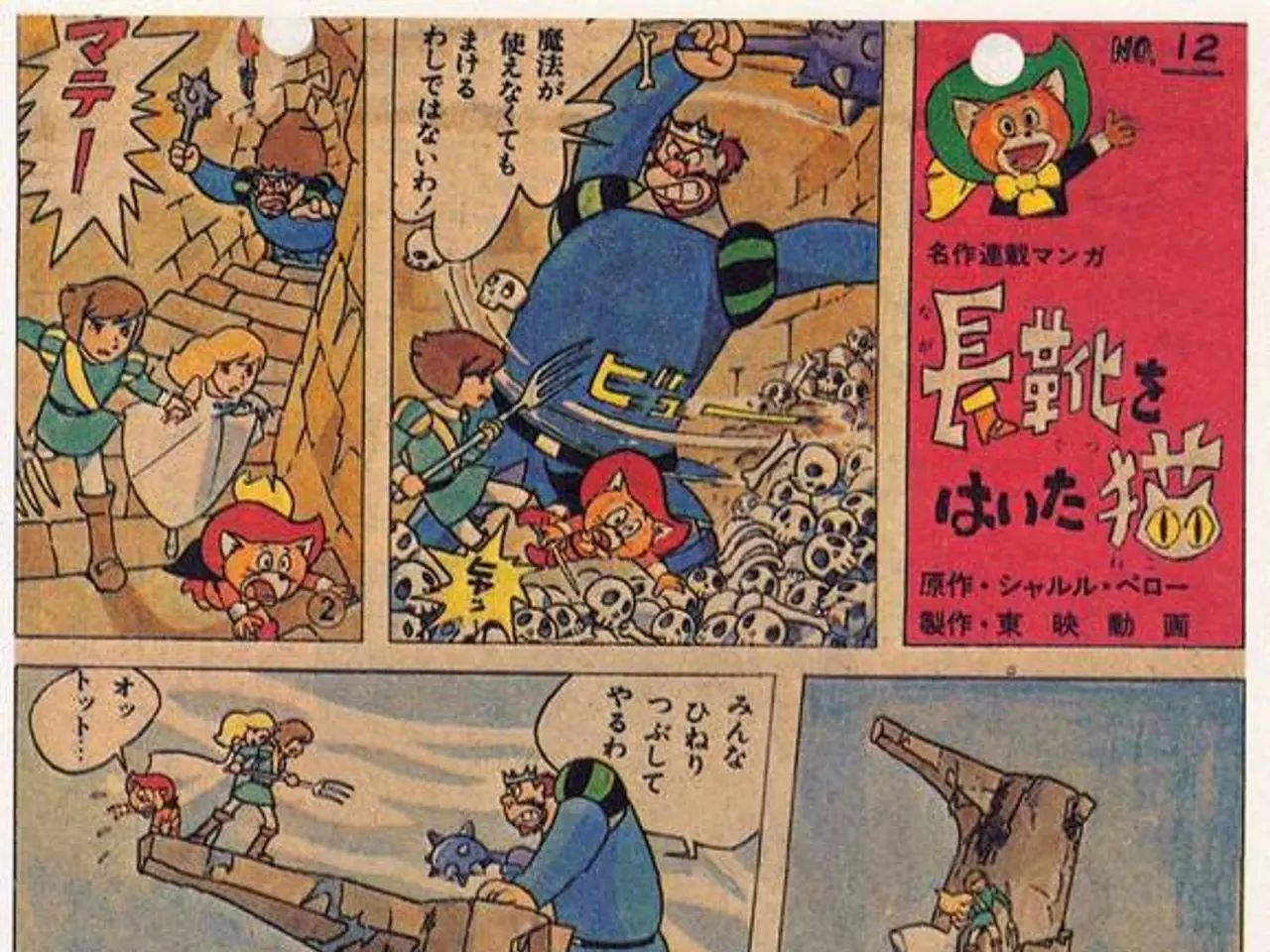Jessica Schwartz Holds Academic Position in Punk Culture Study
In the heart of UCLA, a new addition to the curriculum, Music History 13: Punk: Music, History, Sub/culture, is making waves. Led by Assistant Professor of Musicology, Jessica Schwartz, the class delves into the historical and cultural context of punk music, with a unique focus on its connection to the nuclear history of the Marshall Islands.
Schwartz, a longtime guitar player and a member of the L.A.-based band Trap Girl, brings a personal passion for punk music to her teaching. Her academic background in musicology equips her with analytical tools to study sound, culture, and meaning—a perspective applicable beyond conventional music to how sound environments shape experience and memory.
The Marshall Islands nuclear tests, from 1946 through 1958, produced not only physical and health impacts but also sonic and cultural disruptions. Schwartz's research, as seen in her dissertation, "Resonances of the Atomic Age: Hearing the Nuclear Legacy in the United States and the Marshall Islands, 1945-2010," explores these disruptions through musicological frameworks that consider sound as cultural and political phenomena.
Punk music, known for its DIY ethos and political dissent, often addresses themes of resistance, power, and trauma—concepts central to critiques of nuclear colonialism and militarism symbolized by the Marshall Islands tests. Schwartz's interest in punk likely informs her approach to the nuclear history by emphasizing grassroots, countercultural perspectives and sonic resistance, complementing her musicological methods.
Schwartz's scholarship focuses on how different communities throughout the Marshall Islands were affected by nuclear tests, as seen in the tragic story of the Rongelapese people. Many Rongelapese developed thyroid gland disorders or cancer and required thyroid surgery. The islanders living on the neighboring atolls of Rongelap, Rongerik, and Utirik were sickened by the fallout and were not evacuated until several days later. Rongelap is uninhabitable to this day.
Schwartz's work also extends beyond academia. She co-founded the Marshallese Education Initiative in 2013, a nonprofit organization aiming to increase knowledge of the Marshallese people and create educational and vocational opportunities for them.
In the classroom, Schwartz's course explores the relationship between the political and social movements of the 1980s and the punk music of that era. From Blink-182's hits to Trap Girl's "queercore noisepunk" songs addressing contemporary social issues, the class offers a fresh perspective on the intersection of music, history, and activism.
Schwartz believes that scholarship and activism go hand-in-hand, and her work focuses on the relationship between creative expressivity and social justice. Through her unique blend of musicology, punk music, and nuclear history, Schwartz is contributing to a growing interdisciplinary trend in humanities that links sound studies, musicology, and political history, especially regarding nuclear issues and marginalized communities.
Education-and-self-development and entertainment intertwine in Schwartz's Music History 13 class, where she fosters a connection between punk music, DIY ethos, and activism. Beyond academia, her co-founded Marshallese Education Initiative offers vocational opportunities for the Marshallese people, combining entertainment with education.
Schwartz's scholarships also examine the intersection of music, history, and activism, specifically exploring the sonic resistance and political dissent present in punk music as they relate to the nuclear history of the Marshall Islands. This integration of entertainment and education, alongside activism, embodies a comprehensive approach to education-and-self-development and cultural understanding.




